 Growing up in the new South Africa, a South Africa which is obsessed with the idea of a Rainbow Nation, and in practicality that idea a façade, one is forced to rethink the importance of a Human Rights Day.
Growing up in the new South Africa, a South Africa which is obsessed with the idea of a Rainbow Nation, and in practicality that idea a façade, one is forced to rethink the importance of a Human Rights Day.
At the dawn of our coming of age democracy, eleven of the dominant cultures were recognized as the official few. These selected mainly from the former homeland nations. Twenty five years into democracy, perpetual tribalism and xenophobia is still rouge. Is this the Rainbow Nation Archbishop Desmond Tutu envisioned in our early years? Is this the freedom and human rights our constitution affords us?
I am a Venda man living in modern South Africa. My heritage more often than most, make me question my right to human dignity, instead of accepting how I unwittingly and knowingly should identify myself as a proud Venda man, as par to my rights of cultural, religious and linguistic communities, My willingness to practice my culture has made me into an outlet of unwarranted for prejudices. Prejudices coming from uninformed entitlement of spaces and historical rights to those spaces, as an attempt for membership to the inward group. This attempt a further lack of responsibility to respect and uphold the dignity of the next person.
At every turn of xenophobic attacks, myself and my countrymen’s identity as South Africans is questioned as a missing Vienna from the pack set aside for the kid’s lunchbox. Come Heritage, Freedom or Human Rights Day, it’s a joyous day around braai stands.
The effort to promote and rebrand Heritage Day as Braai Day by retail to commercialize the day is rather a project to become a fractious society.
A national sausage party contribute to the façade that is, while the boiling pot of frustrations and lack of a unified nation boil over. Commercializing the two days, is rather a project to become a fractious society, like nationalism, that gravitates to rights being disrespected and limitations not being observed.
However, for the first time in twenty three years, South Africa is finding herself, deconstructing systems, structures, definitions, social hierarchies, prejudice and stigmas that perpetuate its marginalization and disempowerment as a democratic and equal society. These seek to redress the factors that enable a continual dominance and problematic power relations for the apartheid power guard. Also to recognize the limitations of the rights.
Terms like Refuge and foreigner shouldn’t exist, while we all share Mother Earth. If human dignity reigned supreme, respect would too. Since the discovery of Gold at the Langlaagte mines, the South African economy was and is still carried by the blood and tears of Mozambique and Malawian miners, not to overlook our very own South African miners. The same people we loosely call Makwerekwere and ridicule for not sounding, looking or being South African enough, helped built what today is a key economic partner in the global arena of politics. South Africa is what it is today by the mutual understanding of respect amongst and between tribes, bantering wouldn’t have being a successful way of trading if we saw less of each other.
Division, tribalism and xenophobia are amongst other things the legacy of colonial and apartheid rule. It works for Africa to remain the Dark Continent and nations manifesting the 3rd World tag. Which in turn of empower rather disempower and other.
Othering in most cases hinge on the Self and such identification builds a desire to be part of a certain groups and inferior the other. The comfort of this identification disqualifies any position, qualities and links to the other, for the convenience of one’s superiority. Stereotypes, racism, xenophobia and discrimination are results of this othering. Superiority is learned and groomed, the opposite can also be applied in one’s character. Human Rights Day is the rejection and resistance to marginalizing the other when representing the self.
A true spirit of freedom must be observed throughout the year, recognizing we’re all diverse and not less anything for associating with our different cultures. An opportunity to teach ourselves of acceptance and to learn each other’s cultures.
“We knew that our rich and varied cultural heritage has a profound power to help build our new nation,” said the late President of the republic, Nelson Mandela. A compromise that was needed, for a better nation for all, to discover and celebrate the rich diversity instead of alienating each other.

